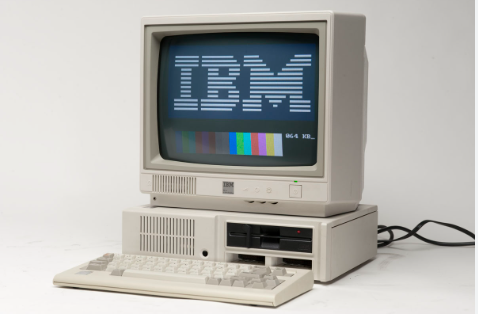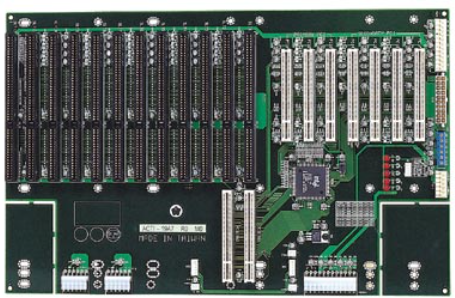
Fifth Generation Computers Explained | The Future of AI & Quantum Computing
Welcome to the fifth generation of computers, the most advanced and evolving era in computing history. Starting in the present day and looking toward the future, this generation is defined by artificial intelligence (AI), machine learning, quantum computing, natural language processing (NLP), and advanced robotics.
Related: The Five Generations of Computers
What Are Fifth Generation Computers?
Fifth generation computers are designed to think, learn, and evolve—closely mimicking human intelligence. They aim to make machines capable of:
- Reasoning
- Problem-solving
- Decision-making
- Understanding language
- Interpreting images and speech
These computers are not defined by a specific hardware type, but by their intelligent capabilities and software-driven innovation.
Key Technologies Powering 5th Gen Computers
Artificial Intelligence (AI):
- Enables machines to simulate human intelligence.
- Used in self-driving cars, chatbots, recommendation systems.
Machine Learning (ML):
- A subset of AI that allows systems to learn from data.
- Powers spam filters, predictive text, facial recognition.
Natural Language Processing (NLP):
- Allows computers to understand human language.
- Examples: ChatGPT, Google Translate, Siri, Alexa.
Quantum Computing:
- Uses qubits instead of traditional bits.
- Can perform complex calculations millions of times faster.
- Potential to revolutionize medicine, encryption, and physics.
Neural Networks & Deep Learning:
- Inspired by the human brain.
- Used in image recognition, medical diagnosis, stock prediction.
Ubiquitous & Cloud Computing:
- Access data and applications from anywhere.
- Examples: Google Cloud, AWS, Microsoft Azure.
Notable 5th Generation Projects & Systems
- IBM Watson: AI system capable of answering questions and analyzing data.
- Google DeepMind: Created AlphaGo, which defeated world champions in Go.
- D-Wave Systems: Early quantum computers used by NASA and Google.
- OpenAI GPT models: Advanced NLP used in chat and writing tools.
Advantages of Fifth Generation Computers
- Can make decisions and learn from experience
- Extremely fast and accurate for complex tasks
- Enable automation in medicine, finance, and customer service
- Support real-time language translation
- Potential to solve problems beyond classical computers
Challenges and Limitations
- Expensive to develop and maintain
- Ethical concerns around AI autonomy and bias
- High energy consumption (especially quantum computing)
- Data privacy and misuse risks
The Future Is Now
Fifth generation computing is still evolving. With AI integration in smartphones, smart homes, and industry, we are already living in a world powered by fifth-generation systems. The fusion of AI + quantum computing promises breakthroughs in science, healthcare, and beyond.
Conclusion
The fifth generation of computers represents a technological leap toward intelligent, self-learning machines. These computers are not only tools but collaborators in shaping the future—making decisions, solving complex problems, and adapting in real time.
Continue Reading:
• Fourth Generation Computers
• History of Early Computers


